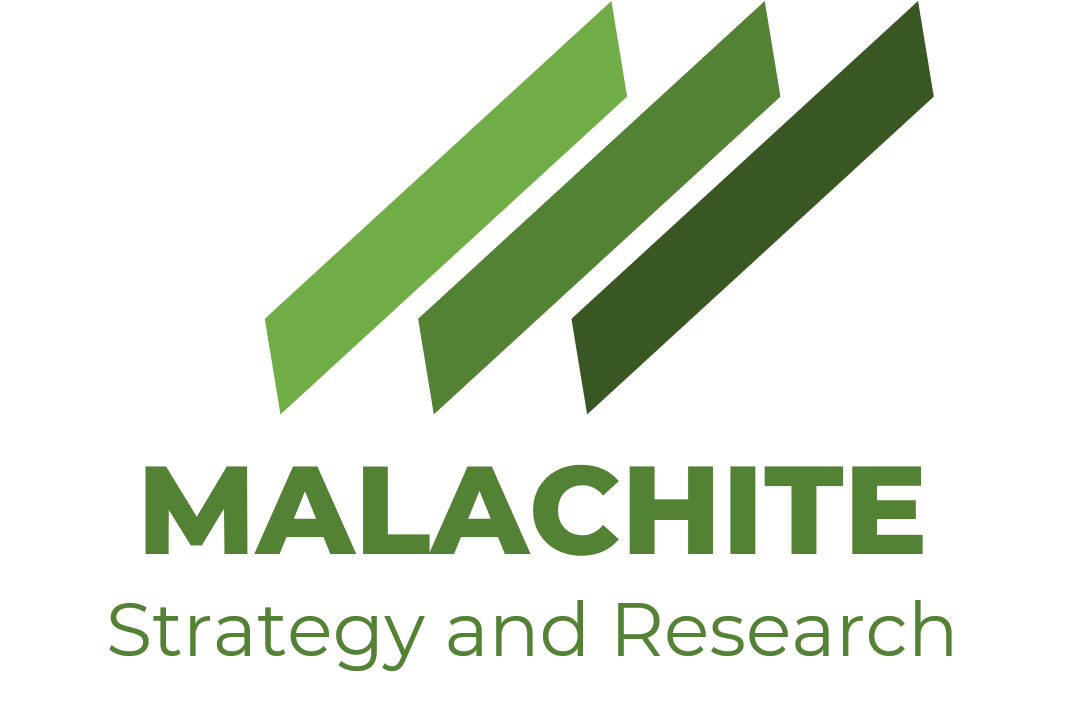The Burden of Knowledge
Postum, a 100+ year old coffee substitute, has been acquired from Kraft and is now showing some market momentum under new ownership. In fact, a number of coffee substitutes appear to be popping up—toasted chicory and dandelion roots, grain blends, herbal, mushroom coffees, etc. Consumers appear to be trying to cut their ties to the perceived negatives of traditional coffee (addictiveness, acidity, etc.) while maintaining the morning ritual to do something “healthy.”
Danone North America has announced the launch a line of oat-based beverages called Oat Yeah under their Silk brand. As other alternative milks have shown a slowdown (e.g. soy, rice) or a plateauing (e.g. nut milks), oat milk is accelerating. Pinterest claims oat milk was the top trending alternative beverage of 2018. Fresh Direct, the US online grocery deliver company, reported a sharp spike in oat milk popularity as Swedish brand Oatly became available stateside and new products from Quaker and Pacific entered the market.
Nestle has announced that they will be releasing a vegan burger alternative called the Incredible Burger in 2019. This is part of coordinated effort by the Swiss company to push their vegan businesses past $1 billion in the next 10 years. Nestle is facing a strong headwind as other big players (like Unilever, Beyond Meat and the similarly named Impossible Burger) are attacking.
So What? In 2015, Nigel Richards was crowned the winner of the French Scrabble World Championship, beating out thousands of expert Parisians, Québécois, African and Caribbean players. The odd thing is, Mr. Richards, a New Zealand native, doesn’t speak French. In fact, he admits that most of the conversations happening around him at the tournament were indecipherable to him.
While this may seem surprising, it isn’t an isolated case. The international Scrabble world is full of players that successfully win tournaments even when they are not fluent in the language (the Thai contingent is famously strong). In fact, some hypothesize that not speaking the language is an advantage. While Scrabble is often thought of as a language game, in truth, it’s just as much one of mathematics (i.e. the points you receive from extra vowels) and letter geometry. If you speak English, you’d likely not play a word like BOUZOUKI, WEIGELIA, IBOGAINE, or BAUHINIA, but to a non-native these are just as viable as EQUATION, AUDIENCE, and BEAUTIES. Knowing too much becomes a detriment.
The same can be said for all of these new alternative products. It took disruption from small, fringe players (i.e. the non-native speakers) for giants like Danone and Nestle to see the potential in the “fake” dairy and meat categories. This is because companies only tend to see a future that maintains their status quo. So dairy companies give short shrift to alternative milks and alcohol companies dismiss the potential of cannabis disrupting their business. Part of the recalcitrance is to protect fixed assets and part of it is due to an existential blindness (i.e. its hard to imagine a world without you in it).
Whatever the explanation, the failure to think beyond their current portfolio is often detrimental to a corporation’s bottom line--I’m guessing Danone would have loved to have bought Whitewave for less than the estimated $12 billion they paid.
Unlike any other time in corporate history, leaders must focus on problems, not products, to maintain the right portfolio for the future. Instead of asking themselves how their current suite of products best answers a particular consumer need or marketplace dynamic, they should instead be thinking more holistically. Asking yourself ‘what’s the best answer to this problem regardless of our capabilities’ can free you to see the potential threats in your future and potentially pinpoint new avenues of growth and acquisition.
